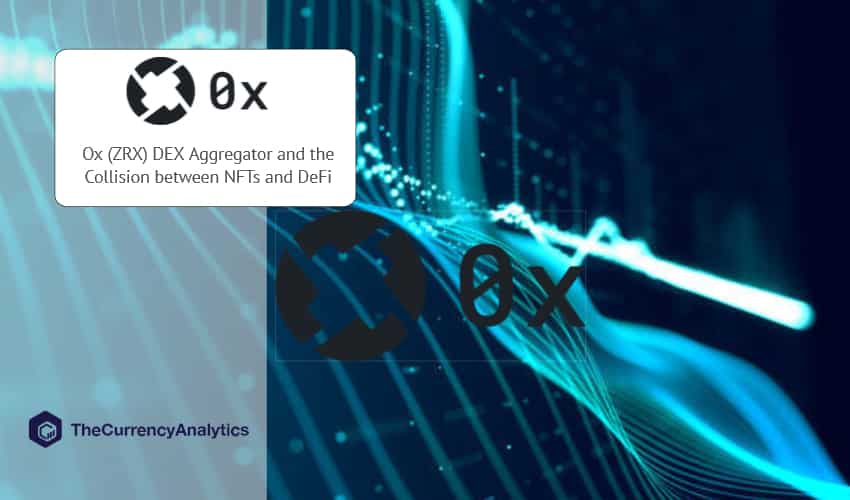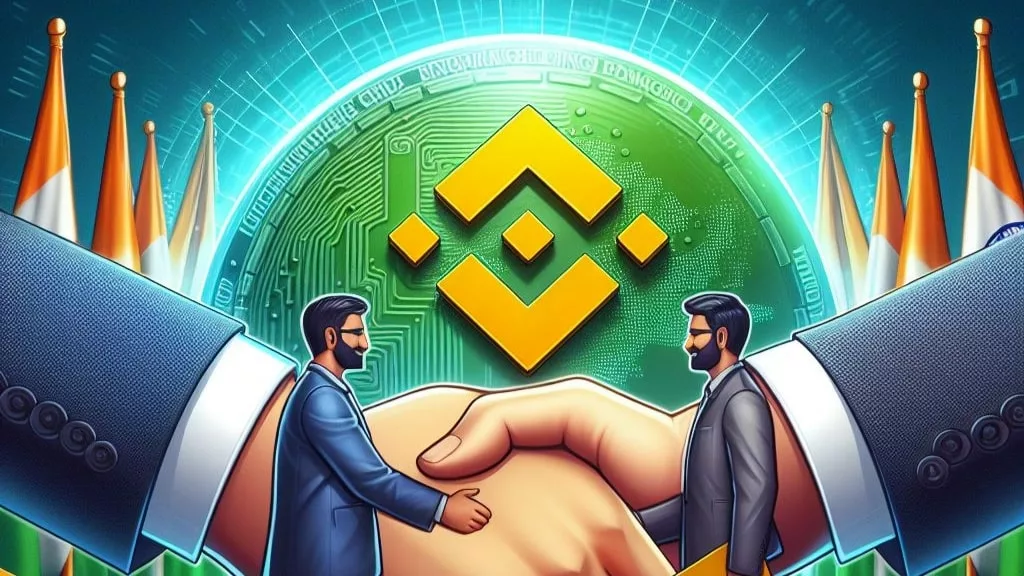
OxProject, DEX Aggregator, is the decentralized exchange infrastructure for the internet that integrates on-chain liquidity and off-chain liquidity.
On-chain liquidity comes from smart contract liquidity pools from Uniswap, Curve, etc. Off-chain liquidity comes by opening order books on Ox Mesh.
They claim to be the liquidity endpoint for Defi on Ethereum, Polygon, BSC. The smart order routing facilitated by the exchange splits up the transaction across decentralized exchange networks to be filled with the lowest slippage possible.
OxProject includes all the popular DEX networks without having to worry about adding new sources. They have covered networks like Uniswap, Oasis, Mooniswap, Curve, Bancor, and mStable.
Professional market makers contribute to competitive pricing through Ox’s RFQ system. Using, RFQ-T, the 0x API aggregates not just on-chain pools and Mesh order books, but also real-time quotes from live market makers offering pricing available exclusively for trusted clients of the API.
RFQ is an abbreviation of Request for Quote; thus, the 0x API requests quotes from market makers on behalf of its clients.
Danial, one of the researchers, states that the single most important mega-trend that you should be prepared for is the collision between NFTs and DeFi.
He says, “It is my gut feeling of where things might end up in 10 years. I could see a hundred billion of these things [NFTs] existing ten years from now. The potential scale of these things is just enormous.” A couple years later, we are right on track.
Further pointed to how the 0x Labs mission is to create a tokenized world where value flows freely. What folks don’t know/realize is the role 0x will play in NFTs. There are a number of projects leveraging 0x protocol to enable creative use cases within the NFT exchange.
Projects make use of 0x protocol to enable p2p trading of NFTs and to enable p2p trading of baskets of NFTs. There are projects, which explore NFT as collateral capabilities; however, we have not scratched the surface yet.
Property-based orders are a trend now. Property-based orders: Create an offer to purchase ANY asset that has a specific set of properties. Current: “I’ll pay X for the Underbrush Boar card with a specific ID number.” Desired: “I’ll pay X for *any* Underbrush Boar card with Gold shine. “
Will Warren points to the basics of 0x protocol v3, where it supports all major ethereum token standards, including ERC20, ERC721, ERC1155. Thus, users will be able to trade arbitrary bundles of assets. Bundles can include a mix of assets that conform to different token standards. Users can trade one bundle for another bundle.
Many NFT assets are stateful, and their value is derived from their state at a given point in time. So if their state changes, so does their value. A conditional order ensures that an NFT’s state is inscribed within the order.

Get the latest Crypto & Blockchain News in your inbox.